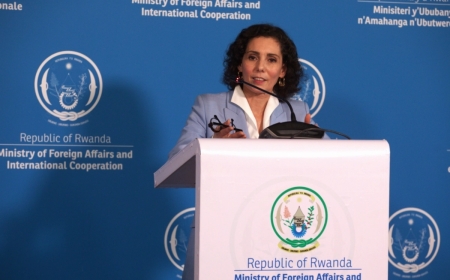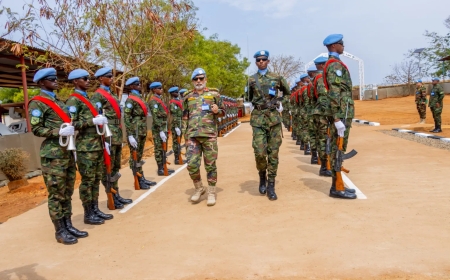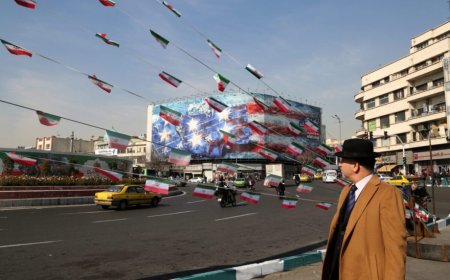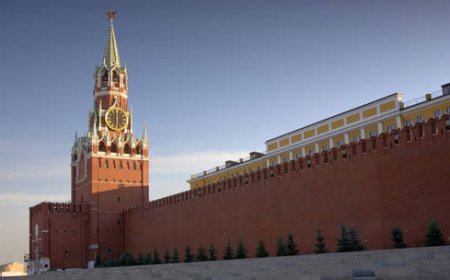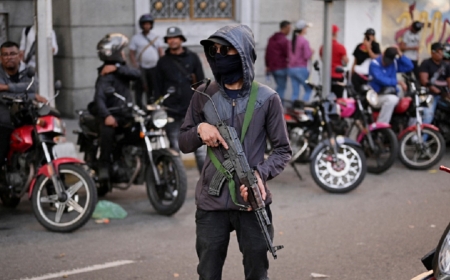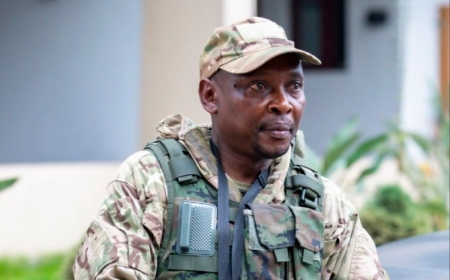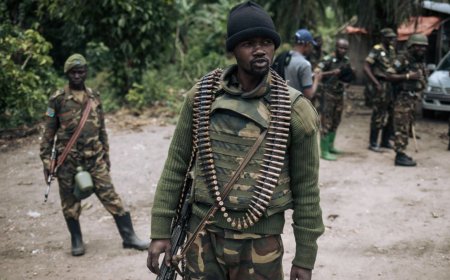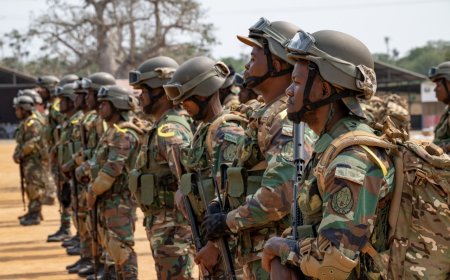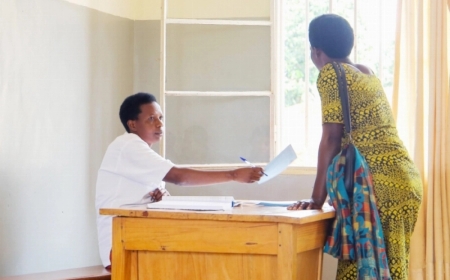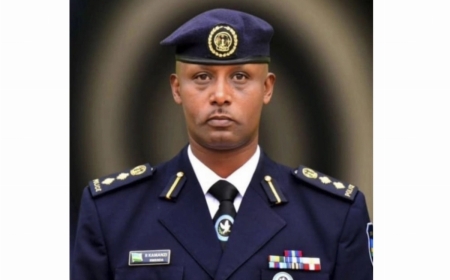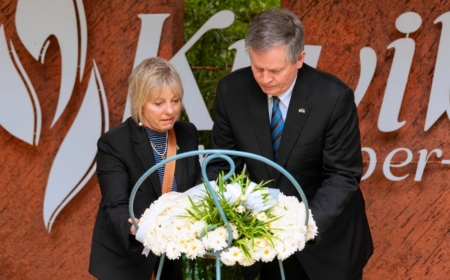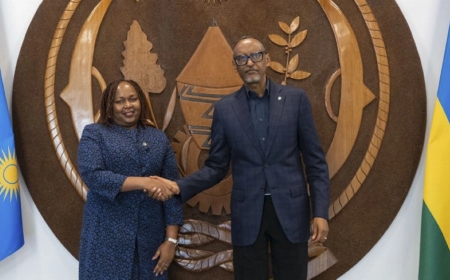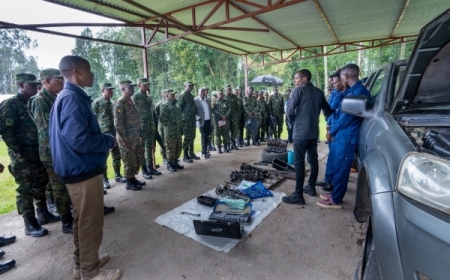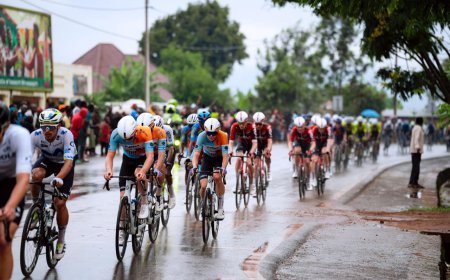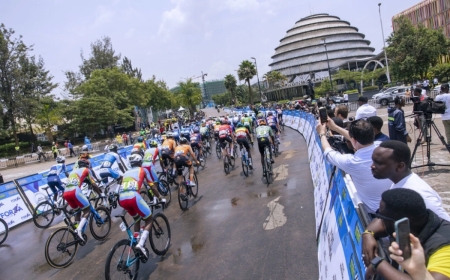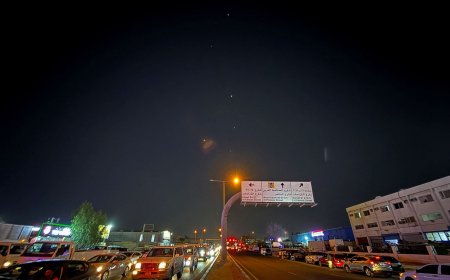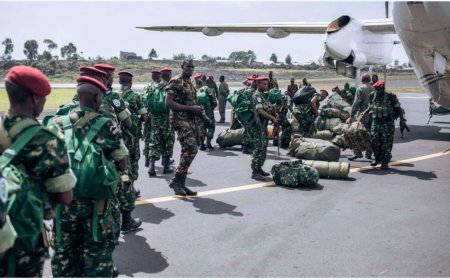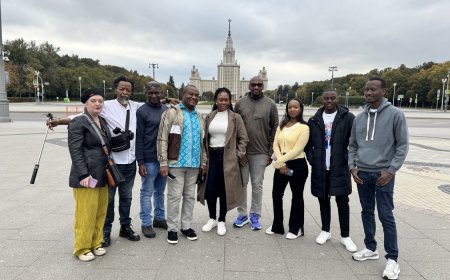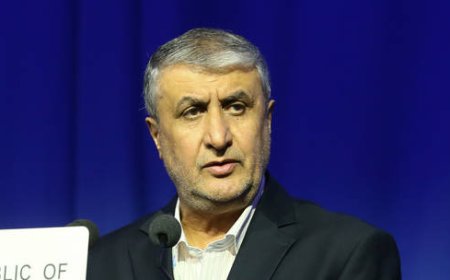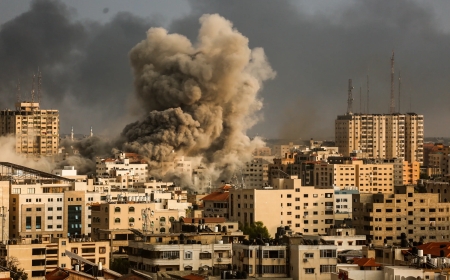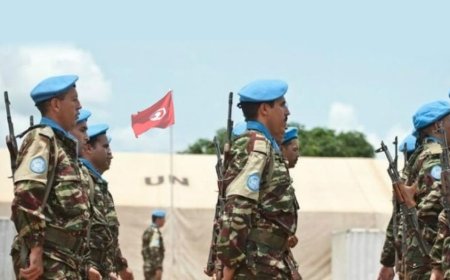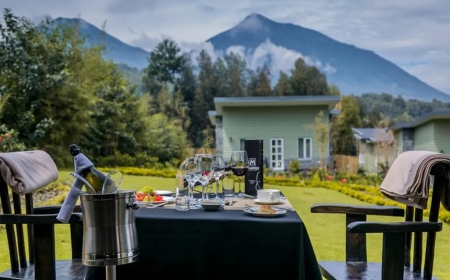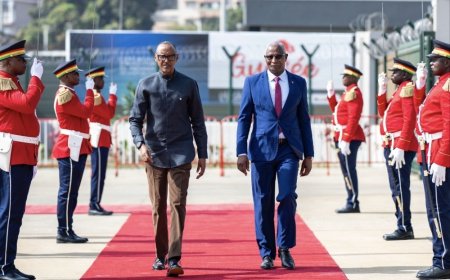Somalia’s army, Ugandan peacekeepers recapture Barire town near Mogadishu
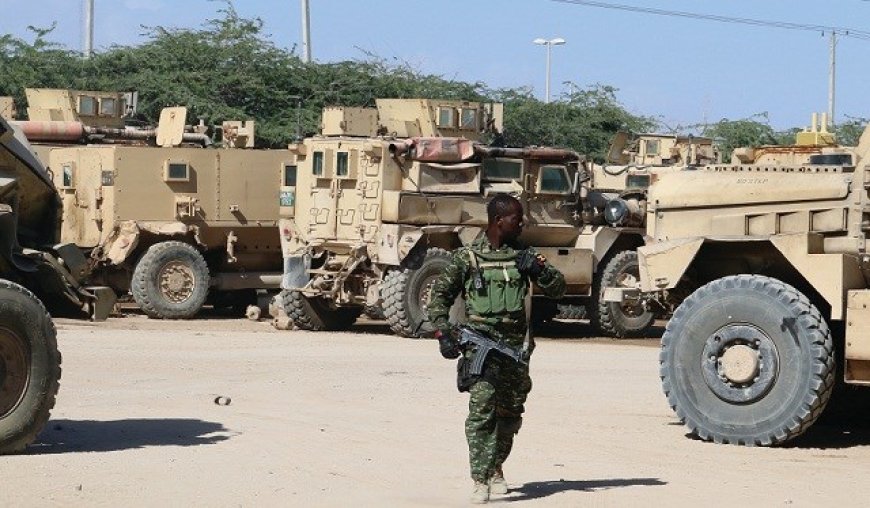
Ugandan troops serving under the African Union peacekeeping mission in Somalia and the Somali National Army have retaken the strategic town of Barire, southwest of the capital Mogadishu, following weeks of fierce fighting with the Islamist militant group Al-Shabaab.
The operation, backed by artillery and drone air strikes, left much of the agricultural town in ruins.
Images circulating on social media showed Somali government troops and Ugandan peacekeepers equipped with heavy weaponry, including tanks and armoured vehicles, securing positions near Barire’s main bridge — partially destroyed by militants in an apparent attempt to halt the allied advance.
Somalia’s Defence Minister, Ahmed Moalim Fiqi, described the operation as a “strategic victory” and said nearly120 Al-Shabaab fighters were killed and many more wounded during the campaign. However, the government has not released any visual evidence to support these figures, and there has been no independent confirmation.
Barire lies just 45km from Mogadishu and is regarded as a key military objective due to its river-crossing bridge, which connects the capital to southern regions. The town fell to Al-Shabaab in March, alongside neighbouring settlements Awdhegle and Sabid, as the group launched a broader offensive in the region.
While Somali and AU forces have now retaken Sabid and Barire, Awdhegle remains under militant control.
The recapture came at a high cost. Ugandan forces reportedly suffered heavy casualties, though exact figures remain unclear. Al-Shabaab claimed to have killed or wounded around 300 Ugandan soldiers and destroyed more than a dozen armoured vehicles, including tanks. These claims, too, have not been independently verified.
Much of Barire has been devastated by intense shelling and air strikes. Military sources said Turkish and US drones, along with loitering munitions, played a significant role in supporting the ground offensive.
Minister Fiqi praised the joint operation, congratulating both the Somali military and Ugandan forces for what he termed a “critical success” in securing the capital’s outskirts.
However, the broader security picture remains dire. In central Somalia, Al-Shabaab continues to make gains, capturing towns and villages amid a collapse in government defensive lines. Large parts of Hirshabelle state have fallen under militant control, with African Union and Somali troops now confined mostly to major urban centres.
Analysts say the focus on regaining control of river-crossing towns like Barire, Sabid, and Awdhegle is part of a broader strategy to shield Mogadishu from militant infiltration and prevent the smuggling of suicide car bombs into the city.
But there are long-standing concerns about the Somali army’s ability to hold liberated territory. In the past, Al-Shabaab has repeatedly retaken areas after initial government gains — a vulnerability that, critics say, has yet to be addressed by authorities in Mogadishu.


